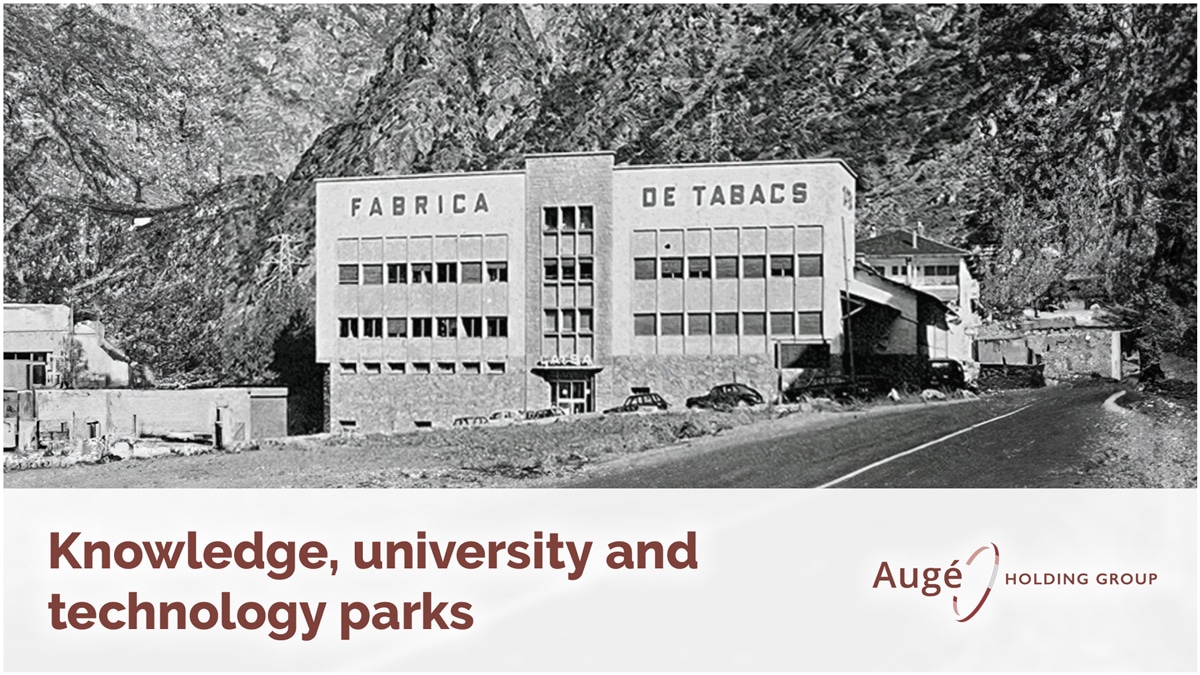Table of contents
ToggleAndorran taxes
As of today, the Principality of Andorra is the only country in the world which, having a fiscal framework fully approved by the EU and the OECD, has no tax higher than 10 %.
Andorran taxation has a legal framework that includes the essential figures of conventional tax systems, but incorporates different features that give it a competitive advantage compared to neighboring countries.
1. Corporate tax in Andorra
It is a direct tax on the profits of companies of Andorran nationality. The general applicable rate is 10%, but there are significant tax incentives. Among these, it is possible to reduce the tax base of the company by a director’s remuneration for the services actually provided to the company (while the exempt and reduced rate applicble to portions of revenue submitted to the personal income tax are less than 10%, unlike other countries where directors’ remuneration can increase the overall tax impact).
In addition, in certain sectors, there are advantages for companies that meet certain requirements, such as companies dedicated to the international management of intellectual property rights developed in the Principality. The aforementioned tax incentives can reduce the tax until reaching effective rates of 2% on profits (80% exemption of the taxable base on this stream of income). We should also not forget the multiplicity of deductions applicable to the tax base, as well as the reductions applicable for new investments or the recruitment of new employees (tax incentives to boost the workforce and production). Likewise, the “Holding” regime allows Andorran companies (pure parent companies) that hold more than 10% in a foreign company, which has been taxed at a minimum tax rate of 4% on corporate tax (IS ) at origin, to benefit from a total dividend exemption (these requirements are also considered to be fulfilled if Andorra has signed a Convention to avoid double taxation (CDI) with the foreign country in which the subsidiary is located).
2. Income tax for non-residents
This is the direct taxation of income obtained in Andorra by natural or legal persons not resident in the Principality. The maximum applicable rate is 10%, however, the application of the CDI reduces the scope of this provision since they have a higher hierarchy.
3. Indirect general tax or IGI (“Andorran VAT”)
Indirect tax levied on the delivery of goods and the provision of services in the Principality of Andorra. The nature of this tax is assimilated to the value added tax (TVA or VAT) existing in the European Union. However, the main virtue of IGI in relation to VAT is the simplification of the model.
The general IGI rate is 4.5% and, as a value added tax, it makes it possible to offset the taxes supported and to deduct them from those invoiced by the company (it is a neutral tax for the entrepreneur). There are also reduced VAT or IGI rates of 1%, generally applicable to basic products and services, another at 0%, applicable to health services, and an increased rate of 9.5% for banking and financial services.
4. Personal income tax (IRPF Andorra)
Direct tax levied on the income of individuals residing in the Principality of Andorra.
The maximum applicable rate is 10%. However, an exemption applies to the first bracket of EUR 24.000 of income from work, property income and economic activities (+ an effective rate of 5% is applied to the income bracket between 24,000 euros and EUR 40,000). The effective rate for the first EUR 40.000 is 2%. In addition, the distribution of dividends to tax residents of Andorra by Andorran national companies is completely exempt.
Such tax incentives make it possible to considerably reduce the “effective rate” of taxation, especially with the absence of wealth tax, taxes on inheritance and donations, which transform Andorra into a standardized platform but highly competitive in tax matters.
The most frequent question is: How much tax does one pay in Andorra and how can I optimize my assets? To answer this question, below is a very illustrative grid on tax savings and the advantages of setting up a company in Andorra.
Example of taxes paid by a company with an annual turnover of EUR 600.000, with a net profit of EUR 50.000 and which decides to distribute dividends on profits from previous years worth EUR 80.000. The table below on comparative taxes between France and Andorra demonstrates the savings for the entrepreneur to carry out his activity from the Principality:
| TAXES | TAX RATE SPAIN | TAX RATE ANDORRA | SPAIN | ANDORRA | DIFERENTIAL |
|---|---|---|---|---|---|
| Corporate tax | 25% | 10% | 12.500 | 5.000 | 7.500 |
| VAT / IGI | 21% | 4,5% | 126.000 | 27.000 | 99.000 |
| Dividends | 19% - 23% | exento | 8.000 | 0 | 8.000 |
| TOTAL | N/A | N/A | 146.500 | 32.000 | 114.000 |
We notice a considerable difference compared to France, when the taxes are paid in Andorra. Our team of tax experts can advise and help you design a strategy to help you optimize your business activity in Andorra.
Augé Legal & Fiscal





